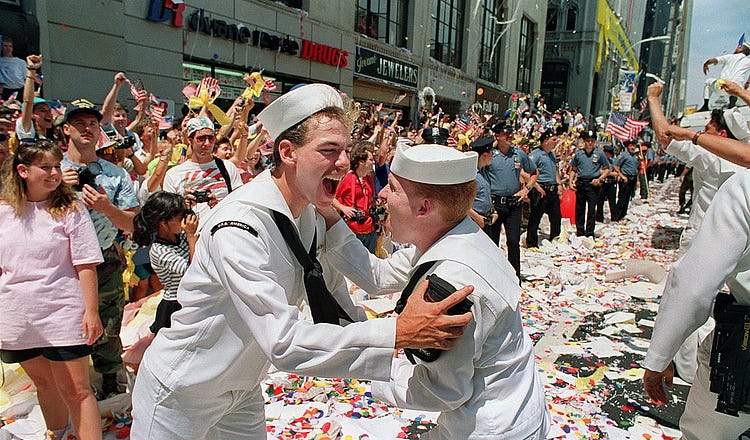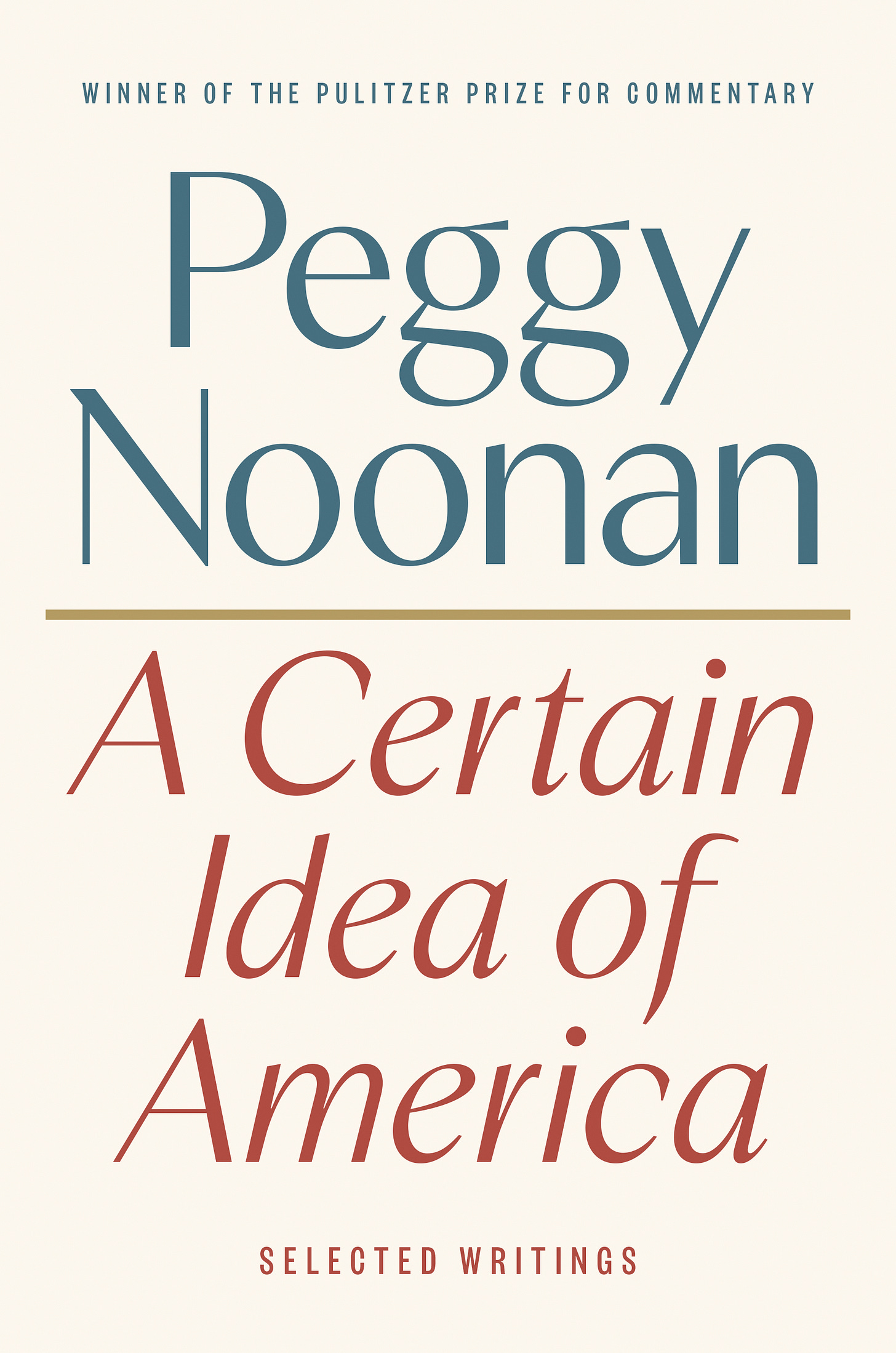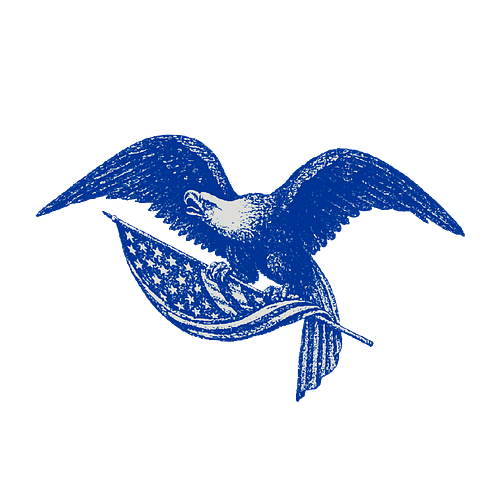
Peggy Noonan wrote speeches for Ronald Reagan. She helped get George H. W. Bush elected. She’s consulted on The West Wing. And she’s been a weekly columnist for The Wall Street Journal for nearly a quarter of a century, writing columns that have won her a Pulitzer—and have now been partially collected in a forthcoming book called A Certain Idea of America.
“What is that idea?” Peggy writes in the excerpt we’re publishing today. “That she is good. That she has value. That from birth she was something new in the history of man, a step forward, an advancement.” After a week of doomerism about our democracy, we thought our readers deserved to read her hopeful words about what she describes as “our continuing miracle, America.”
From the power-hungriness of Joe Biden to the magic of Taylor Swift and, yes, the insanity of Donald Trump, A Certain Idea of America examines the most powerful forces that have shaped our nation over the last decade. It’s out November 19, and we’re thrilled to announce that Peggy has chosen to spend publication day with us, as our next Free Press Book Club guest. Bari Weiss will be hosting in New York City—and you’re all invited. There’s going to be an open bar. What are you waiting for? We’re expecting this one to sell out fast, so reserve your ticket now by clicking here.
But first: Peggy’s essay. Part of the aim of The Free Press Book Club is to reflect on older books that speak to new ones, and in this piece, Peggy recommends three that, she writes, “touch on the why, how, and what of loving America.” We hope you love reading about them as much as we did. —The Editors
The famous first sentence of Charles de Gaulle’s War Memoirs most happily translates as: “All my life I have had a certain idea of France.” It struck me when I first read it many years ago and stayed with me because all my life I have had a certain idea of America.
What is that idea? That she is good. That she has value. That from birth she was something new in the history of man, a step forward, an advancement. Its founders were engaged in the highest form of human achievement, stating assumptions and creating arrangements whereby life could be made more: just. In the workings of its history, I saw something fabled. The genius cluster of the Founders, for instance: How did it happen that those particular people came together at that particular moment with exactly the right, different but complementary gifts? Long ago I asked the historian David McCullough if he ever wondered about this. He said yes, and the only explanation he could come up with was: “Providence.” That is where my mind settles, too.





